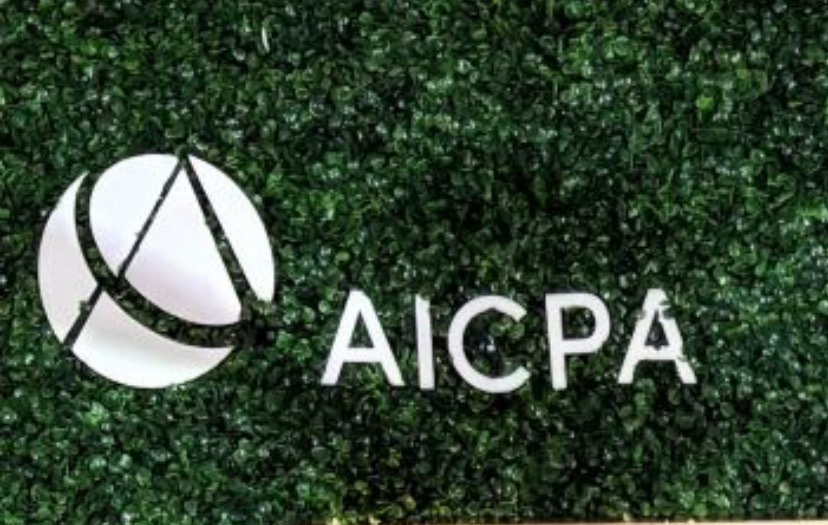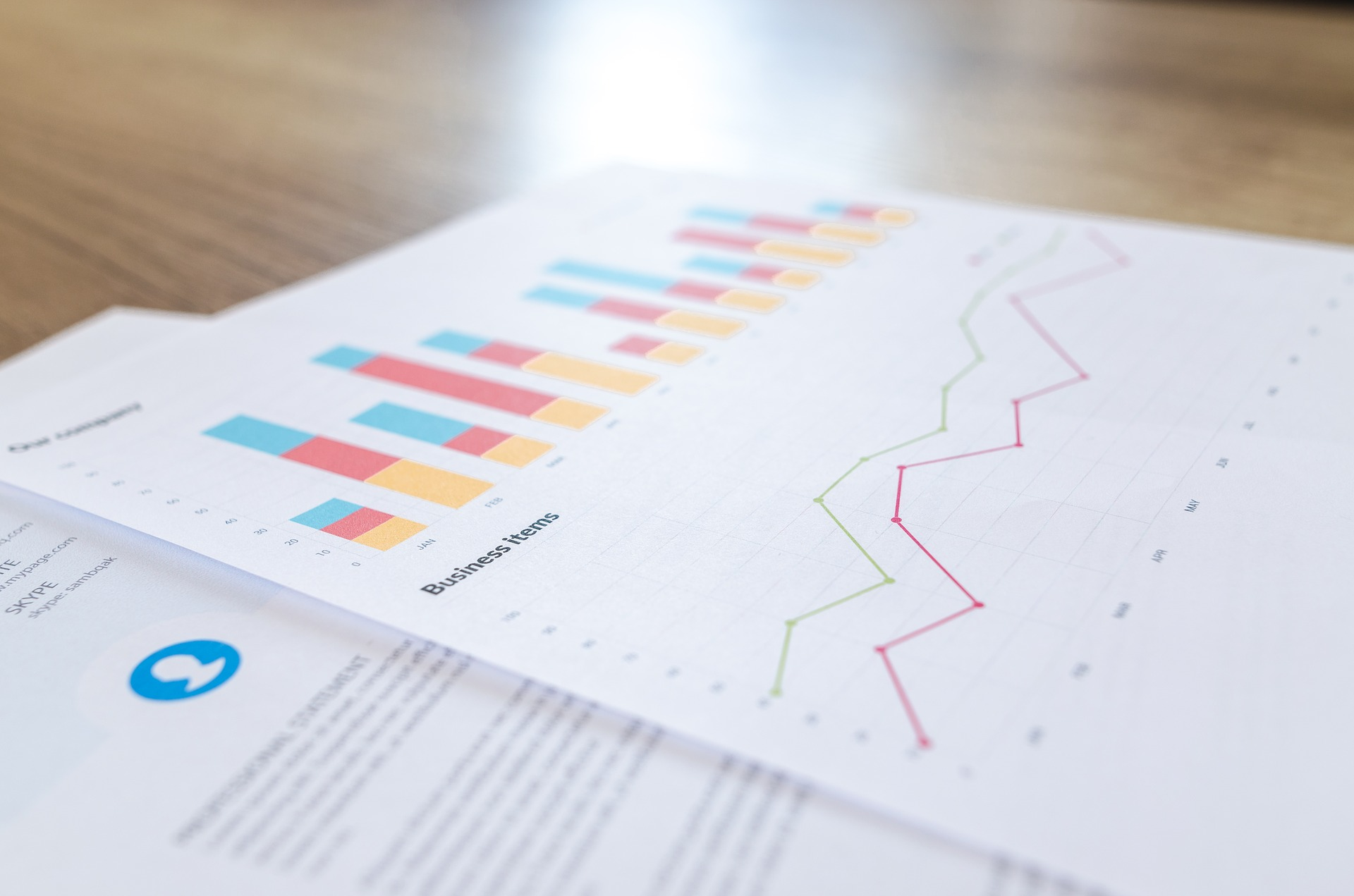The Securities and Exchange Commission (SEC) will hold a public hearing to determine if a former audit partner at PwC broke auditor independence rules during the Big Four firm’s audit of Mattel, the toy-making giant which separately settled charges with the regulator on Oct. 21 related to misstatements in its third and fourth quarter 2017 financial statements. Mattel agreed to pay a penalty of $3.5 million to the SEC.
According to the SEC’s order, Mattel disclosed in a Form 8-K on Aug. 8, 2019, that it was made aware of an anonymous whistleblower letter that alleged accounting errors and questioned the independence of Joshua Abrahams, PwC audit partner and the then-lead engagement partner for Mattel. An investigation was then initiated by the company’s audit committee.
The SEC said:
The audit committee’s investigation concluded that there were material misstatements in the tax-related valuation allowance for Q3 2017, which was understated by $109 million, and in the tax expense for Q4 2017, which was overstated by $109 million. The valuation allowance was understated in Q3 because Mattel’s Thomas the Tank Engine asset was erroneously treated for purposes of the valuation allowance calculation as a definite-lived asset that should be amortized, whereas at the time it was classified as an indefinite-lived asset on Mattel’s balance sheet. The audit committee also concluded that Abrahams violated auditor independence rules. The audit committee did not find that management had engaged in fraud.
On October 29, 2019, Mattel announced that it would restate its financial results for Q3 and Q4 2017. Because the Q3 understatement and Q4 overstatement self-corrected the error for the fiscal year ended December 31, 2017, the FYE 2017 financial statements did not need to be restated. Mattel’s Form 10-K/A, filed on November 12, 2019, disclosed that the Q3 and Q4 financials were materially misstated and that, as a result of the $109 million misstatement, Mattel’s Q3 2017 provision for income taxes was understated by 14%, and net loss and net loss per share were understated by 15%. Additionally, Mattel’s Q4 2017 provision for income taxes was overstated by 62%, and net loss and net loss per share were overstated by 63% for that period.
In addition, the SEC’s order says that, at the time, Mattel had no internal control specifically related to calculating a valuation allowance. Until Mattel’s November 2019 restatement, the $109 million tax expense error remained uncorrected, and the lack of internal control for financial reporting related to the error remained undisclosed, according to the SEC. Neither Mattel’s CEO nor audit committee were informed of the $109 million error.
In a separate order, the SEC accused Abrahams of violating several professional standards in the Q3 2017 interim review and the 2017 annual audit of Mattel’s financial statements.
The SEC said:
Abrahams failed to comply with multiple PCAOB professional standards, including interim review standards, identifying and assessing risks of material misstatement, audit evidence, audit documentation, and due care in the performance of work. Among other failures, the engagement team’s workpapers were devoid of any discussion of the $109 million error, any materiality analysis of the error, and any associated internal control deficiency analysis, and Abrahams failed to inform the audit committee of the error. Notwithstanding these failures, Abrahams approved of the Q3 2017 interim review workpapers and the issuance of the 2017 audit report and the clean opinions on internal control over financial reporting for 2017 and 2018.
Furthermore, throughout his time as lead engagement partner, Abrahams failed to maintain independence from his audit client by engaging in prohibited human resource services for Mattel, such as ranking candidates for management positions.
For example, Abrahams informed Mattel’s CFO Joseph Euteneuer that he believed a certain candidate whose resume Abrahams had provided to Mattel was the best candidate for the senior vice president of tax position, the SEC said. That candidate was eventually hired by Mattel in October 2018.
Euteneuer, who was named CFO at Mattel in September 2017, announced he was stepping down in October 2019.
The public hearing will determine whether the SEC Enforcement Division has proven the allegations in the order against Abrahams and what, if any, remedial actions are appropriate against him. Abrahams, 49, worked at PwC from 2004 until he resigned from the firm in 2019. The date of that hearing has not been made public.
“An auditor’s adherence to professional standards and independence is critical to preserving investors’ trust in a company’s financial statements,” Alka Patel, associate director of the SEC’s Los Angeles regional office, said in a written statement. “Auditors who advise their clients on who to hire will have an interest in the success of such hires and could therefore be less critical of their effectiveness, all of which undermines the auditor’s independence.”
Thomas Zaccaro, an attorney for Abrahams, told Reuters that the charges against his client are “meritless” and said Abrahams “will vigorously contest these baseless allegations.”
Mattel agreed to a cease-and-desist order and to pay the $3.5 million civil penalty without admitting or denying the findings, the SEC said. The commission added that, in determining to accept Mattel’s settlement offer, it took into account the company’s cooperation with the SEC’s investigation and its remediation. PwC did not receive as SEC penalty at this time.
Thanks for reading CPA Practice Advisor!
Subscribe Already registered? Log In
Need more information? Read the FAQs




